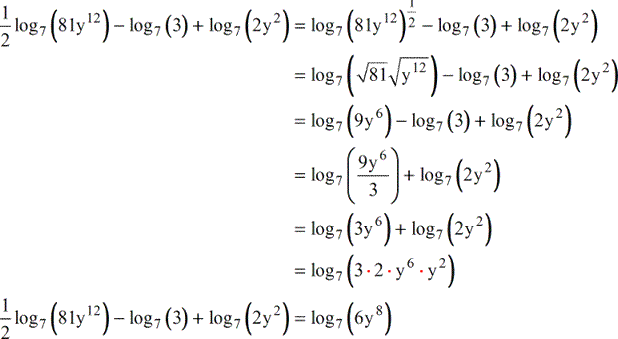
As Athena narrates King’s rise to wealth and power, she also covertly reveals how much King’s reverence for his familial crop is entangled in a web of enterprise and environmental destruction. In this sense, the supposedly immortal King Rao does live “almost endlessly” on the coconut’s products. Inspired by the crop’s endless utility and aided by his wife Margaret’s keen instinct for business, King’s string of inventions (including the all-knowing Algorithm itself) quickly transcend their status as popular consumer goods instead, they become the fabric of the world’s economy, sociality, and governance.

This social overhaul was borne of King’s first invention, a personal computer he called the Coconut.

With the aid of a deific Algorithm, the Board governs its Shareholders (formerly citizens) by endowing them with Social Capital, a metric that stands in for both financial status and general social “value.” As society swells to its technological and capitalistic limits, so, too, does the ecological catastrophe known as Hothouse Earth. The Immortal King Rao begins in an era of peak privatization: government - first the US, then the rest of the world - has been replaced by a Board of Directors. Athena’s plea for freedom thus entails not only a retelling of her father’s life and deeds, but also forcibly reliving his memories alongside her own. The story of how she came into the hands of the police is not an isolated event it is part of the larger story of her father’s emigration and his role in engineering the very government now holding her captive. Imprisoned for a crime that she did not commit, Athena is tasked with relaying not only the circumstances that led to her arrest, but also those that engendered her father’s rise to wealth, prominence, and, eventually, the restructuring of governmental order. As the aged King Rao empties the contents of his life into his daughter’s consciousness, he also creates the conditions for Vara’s sprawling, intergenerational epic, which begins on the Rao coconut plantation in rural Kothapalli, India. Yet, as Vara’s novel reveals in its early chapters, Athena’s Harmonica has also been granted access to the entirety of her father’s memories. King Rao’s memories, as well as the text of Rosengarten’s The Book of Edible Nuts, arrive to Athena’s conscious mind via an experimental technology called the Harmonica, an injectable solution that fuses the recipient’s brain to the internet itself, permitting Athena to seamlessly search for, condense, and save information from the web into the elastic expanse of her own mind. In Vauhini Vara’s The Immortal King Rao, these realities confront each other, doing so by zeroing in on one resource: the coconut.Īthena, the 17-year-old narrator of Vara’s debut novel, rehearses the contents of Rosengarten’s book as she describes the childhood of her father, the titular King Rao.

writes that “very part” of the crop can be “utilized for some human need.” Citing the amount of protein found in one coconut’s meat, the versatility of its shell and coir, and the approximate amount of lumber provided by the trunk of its tree, Rosengarten concludes that “ne could live almost endlessly on the coconut’s products.” Here, Rosengarten unwittingly tethers the long history of human-led environmental extraction to the fantasy of living forever on nature’s endless bounty - a fantasy that, as our current environmental crisis makes clear, is antithetical to global, unbounded projects like monocropping, mineral-mining, logging, and drilling. TALLYING THE VARIOUS uses of the coconut, the 20th-century agriculturist Frederic Rosengarten Jr.


 0 kommentar(er)
0 kommentar(er)
